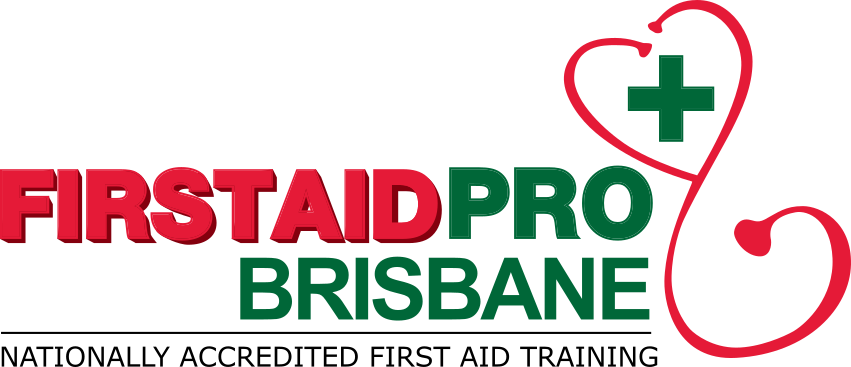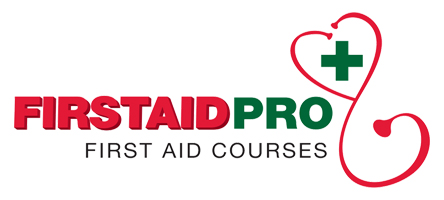Cognitive behavioural therapy (CBT) is a mental health treatment that helps identify and change a person’s thought patterns.
Read on to learn more about CBT and why it is effective in treating a range of mental illnesses, including depression, anxiety, and alcohol and drug problems.
What Is Cognitive Behavioural Therapy?
Cognitive behavioural therapy is a form of psychological treatment that focuses on connecting thoughts, beliefs, and attitudes to one’s behaviours.
For example, negative thoughts can sometimes cause a person to have self-destructive feelings or behaviour. It may also result in them behaving shyly or becoming withdrawn in social situations. CBT challenges these thoughts and provides a person with healthy management strategies.
Cognitive behavioural therapy is a broad field, with different areas focusing on various aspects of life. The treatment aims to address specific problems, such as emotional or social challenges.
Studies show that CBT can assist people with depression, panic and anxiety disorder, substance abuse problems, and severe mental illness. It has been proven to be as effective as other forms of psychiatric therapy and medications.
In addition, there is also growing evidence that CBT helps to relieve chronic pain.
CBT Treatment For Anxiety
Most people feel anxious from time to time. But anxiety is also a form of mental disorder that affects performance in high-pressure situations.
For some, the feeling of anxiety is long term, meaning the person is always in ‘alert’ mode or often feel excessive fear no matter what activity they are engaged in. This can be extremely distressing and get in the way of completing daily tasks.
Once anxiety starts to interfere with one’s ability to function, it is vital to learn coping strategies for these feelings. This is where cognitive behavioural therapy can help.
CBT help change thinking patterns and beliefs that are linked with anxiety triggers.
CBT Treatment For Depression
Depression is characterised by a persistent negative feeling about oneself, others, and the world in general. In most cases, the person may have irrational and unfair judgment.
CBT helps people with depression by providing tools that challenge negative thoughts. The therapy often overrides these ‘negatives’ with a more realistic and positive thought process. Talk to a doctor or mental health professional for further information or advice.
CBT On Thoughts, Feelings And Behaviours
The main focus of cognitive behavioural therapy is to combine thoughts, feelings, and behaviours to improve quality of life.
CBT treatment aims to teach individuals that it is possible to control how they think, feel, and behave. This therapy challenges the norm using practical strategies to change or modify automatic beliefs and behaviour.
It can encourage the development of positive feelings, which eventually lead to more optimistic thoughts and behaviours.
Who Provides CBT?
Psychologists, therapists, counsellors, and mental health professionals can train a person in use of CBT.
Cognitive-behavioural therapy can be given in one-on-one therapy sessions, small groups or online. These professionals undergo intensive training to look logically at the evidence that causes negative thoughts to help patients adjust how they view the world around them.
CBT And Mental Health First Aid
Cognitive behavioural therapy is a powerful tool in treating depression, post-traumatic stress disorder (PTSD), eating disorders, panic, anxiety, and other severe mental illnesses.
Either alone or in combination with other treatments, this form of psychotherapy can help anyone learn how to manage stress and high-pressure situation.
CBT treatment can be given in individual or group sessions. Online resources are also available, especially for people living in areas with few mental health resources.
Consider taking a mental health first aid course to learn about cognitive behavioural self-help techniques and identify risk factors of various mental illnesses.
Learn how to recognise a mental health crisis, provide immediate support, and help people access longer-term care resources. Enrol in an MHFA course today.








